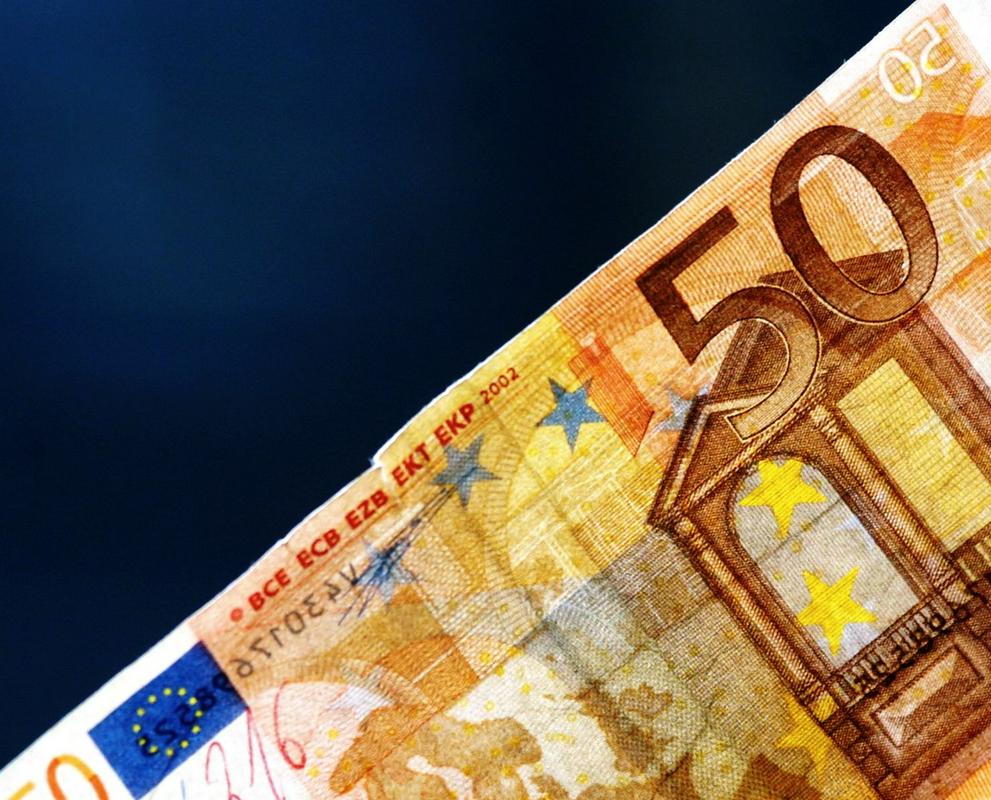
Ministry of Finance has made the calculations, but has no intention of presenting them until the measure is confirmed by the government.
The calculations made previously had shown that a 2 percentage point increase, and a 0.5 point increase of the reduced rate would bring into budget the revenue of approximately 1% of GDP per year, i.e. 350 million Euros. Finance Minister mentioned that the reduced rate could be increased only by 0.5 points, which would bring in approximately 300 million Euros in one year. As the higher VAT would be introduced on May 1, this year's sum would amount to approximately 200 million.
The complaints regarding the tax increase, and the consequent negative impact on business, employment, and consumption are absolutely legitimate. But it should not be overlooked that the loss of revenue is replaced by revenue from another source, which is the only fast response, and the least bad from a number of bad possibilities, as it is the least damaging to the economic activity.
VAT is a tax on consumption. If it were raised from 22 to 24 percent, we would most certainly become a country with a high general rate, but on the other hand we would still remain a country with a very wide selection of goods and services with a reduced VAT rate, i.e. 20 different groups of goods and services – practically everything allowed by the European directive. VAT also represents the most important budgetary source, since it brings into the revenue three billion Euros from the total of eight billion.

































































